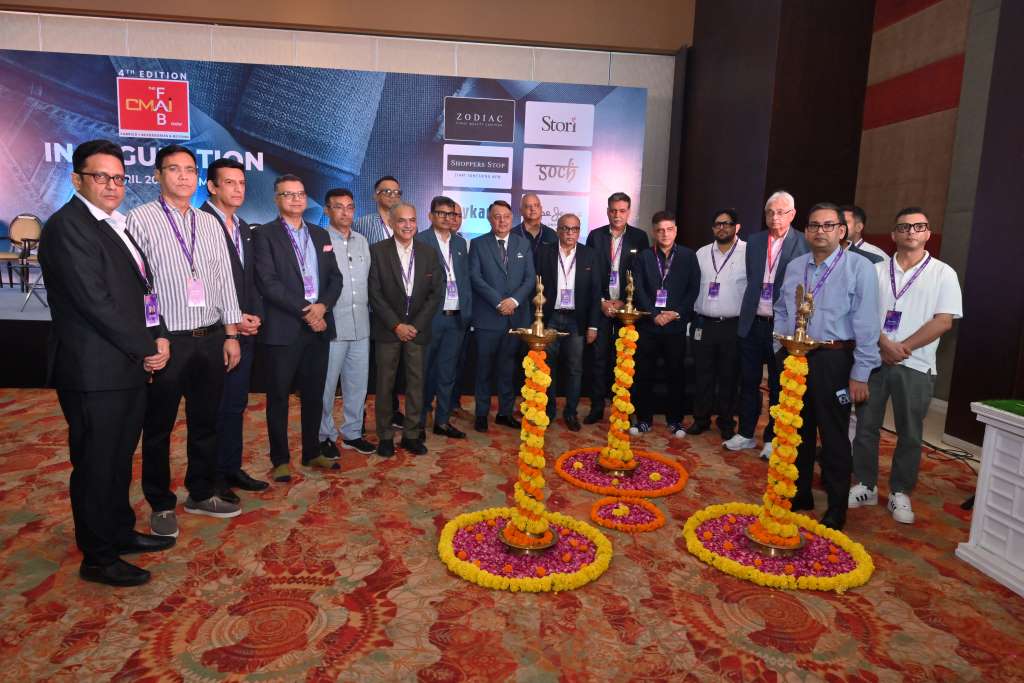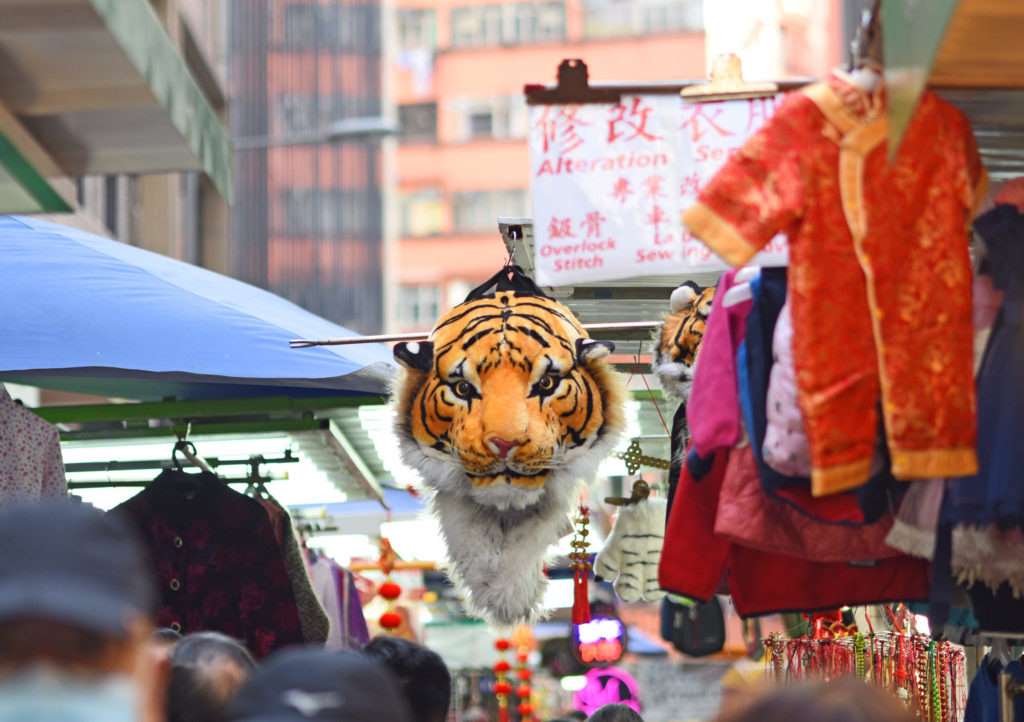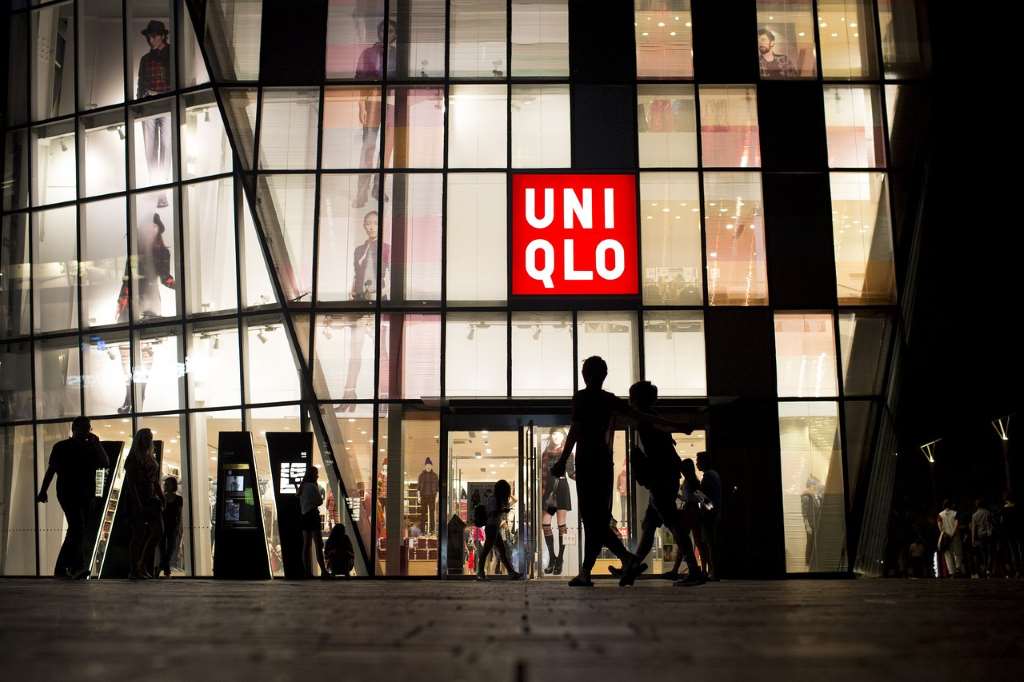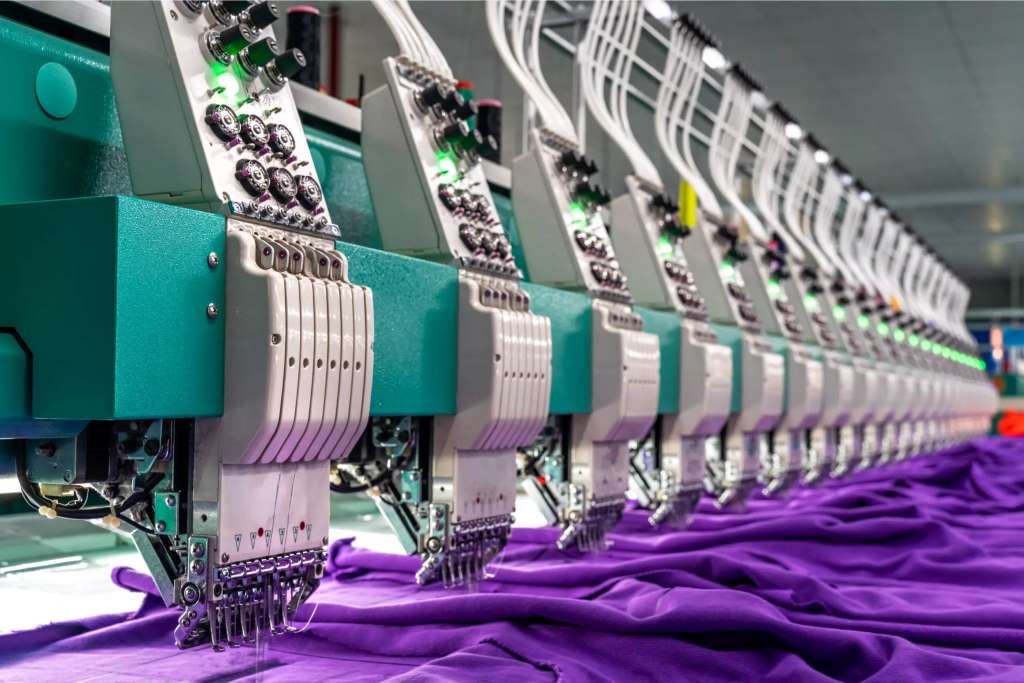"As per IndustriALL Global Union affiliate, the Southern African Clothing and Textile Workers Union (SACTWU) an estimated 2,000-3,000 workers have been losing their jobs every year. There is a strong labour architecture in South Africa and the working conditions in the garment industry are better than in many other parts of the world. This is due to the bargaining strength of the union, which has also resulted in better wages in the South African garment sector"

While South Africa enjoys the status of being one of the biggest garment producers on the African continent, production has been declining in the country over the last one decade. This has led to massive job cuts leaving thousands unemployed. However, the situation seems to be changing with the industry ready for a bounce-back business and job creation.
SACTWU initiates ways to increase employment

Several factors such as trade liberalisation, increased imports from Asia and the relocation of South African producers to neighbouring countries and lower wage regimes in Lesotho and Swaziland made an adverse impact on the flouring garment industry in South Africa over the last 15 years. Estimates suggest that almost 150,000 jobs were lost in the industry when South African clothing manufacturers found themselves in a fix as the influx of cheaper clothing from Asia began flooding the local markets. They had to pull shutters on their businesses.
As per IndustriALL Global Union affiliate, the Southern African Clothing and Textile Workers Union (SACTWU) an estimated 2,000-3,000 workers have been losing their jobs every year. There is a strong labour architecture in South Africa and the working conditions in the garment industry are better than in many other parts of the world. This is due to the bargaining strength of the union, which has also resulted in better wages in the South African garment sector.
There are several minimum wages in South Africa and the unions are working to close wage gaps. A top wage for a skilled garment worker is around 950 Rand (US$67) per week. For a lower skilled worker it could be around 700 Rand (US$49) per week. SACTWU prioritises centralized bargaining as the mechanism to achieve the best wage outcomes for workers. SACTWU negotiates in three national bargaining councils for the clothing, textile and leather sectors and the outcomes affect over 100,000 workers. In 2015 sectoral wage increases were above inflation.
Gradual turnaround on the cards
However, the garment industry in South Africa is now slowly witnessing business growth. Despite job losses, SACTWU has remained well organised with about 80 per cent of workers in the sector belonging to the union. SACTWU is fighting back hard against retrenchments, downsising and closures while building its influence and engaging on policy at a national level. The union has upheld its tradition as a fighting union, yet it engages employers and government in dialogue and has made significant gains on sourcing locally and pushing back on trade liberalisation.
Simon Eppel, Researcher at SACTWU points out, while the industry continues to lose jobs even today, the numbers are down substantially with the efforts of SACTWU. On balance employment in South Africa’s textile industry is growing – it is up by 1.5 per cent in the last year. With the government support and SACTWU’s campaign for jobs, employment in the garment industry seems to be on a positive growth path. The South African government is also advocating greening of the industry to make it more sustainable by implementing energy efficiency measures and assisting companies to replace old machinery with more modern equipment.
Another effort to revive the growth potential is SACTWU’s ‘buy South Africa campaign’, where the union enters into agreements with major companies and institutions to support the local industry. Since the early 2000s, SACTWU has been running a campaign to buy locally-produced textile products by appealing to consumers on how buying South African will affect the community. Through mass campaigns and fashion shows with factory workers to showcase the clothes they make, SACTWU engages with consumers to influence the choices they make. Even government departments and state-owned companies are encouraged to buy South African products when tendering for public procurement.
Retail sourcing sees a change
In June 2015, a South African clothing textile and leather tripartite seminar called by SACTWU, was held in Cape Town. The event was held alongside the Cape Town Fashion Festival with the key address given by Minister of Economic Development Ebrahim Patel who spoke of the government’s commitment to a green manufacturing sector. Presentations at the seminar included supportive policy and initiatives from the government to maintain the sector and jobs as well as best practices by industry for greater efficiencies in production and energy and water consumption that have been achieved with state support.
South African retailers mostly depend on the traditional retailing model which often results in two scenarios but they are under pressure to change their model because of increased competition from foreign retailers that have entered the domestic market. Now retailers use technology to analyse what is being bought in store, understanding what customers want, when they want it, so instead of placing orders on forecast demand for a whole season ahead, current trends are analysed to present the customers with the most attractive products in the shortest possible time.
Together with inflation in Asia and a weak Rand, many believe that quick response provides opportunities for South African producers. The model relies on close proximity of the producer to the retailer, with a maximum lead time of six weeks. South Africa is well placed because industry support and a commitment from local producers has resulted in better standards and efficiencies, reducing lead times.
Now SACTWU has called for the clothing industry to submit a report on actions taken to implement the commitments made under the Youth Employment Accord (YEA). The union is of the view that instead of just complaining about the problem of youth unemployment, it is time that every signatory of the Youth Employment Accord (YEA) must take accountability for what they have done to meet their commitments.
Sactwu.org.za












